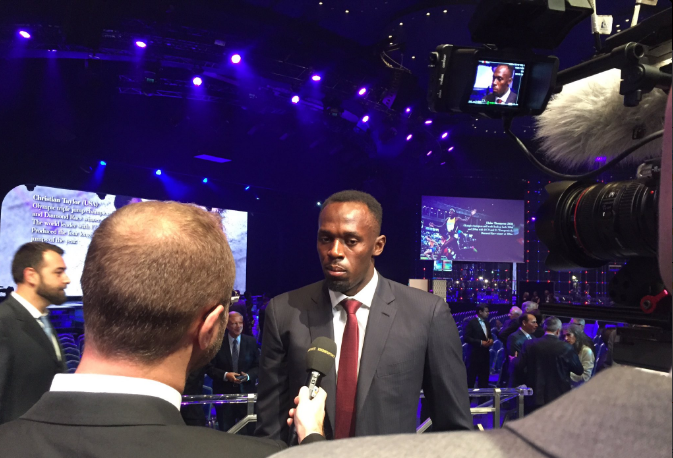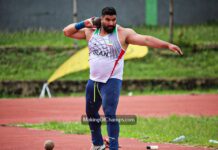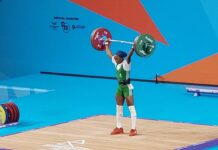
It was a night to cheer for 100m World Record holder, Usain Bolt who added yet another award to his haul as he was named the Male Athlete of the year by the International Association of Athletics Federation (IAAF).
Bolt made it a sixth triumph, ending what was a hugely rewarding year that saw him win Triple GOLD medals at the Rio 2016 Olympics.
To win this award, Bolt had to shake off the challenge of South Africa’s Wayde Van Niekerk and Great Britain’s Mo Farah, who were the other two finalists.
Having recovered from a losing position to narrowly pip America’s Justin Gatlin to the 100m title last year, Bolt faced a strong contest as he aimed to retain his Olympic title.
With the whole world watching to see if he would falter, the Jamaican proved his mettle as he stormed to victory in 9.81s, surging past Gatlin in the last 50m of the race and further cement his legendary status.
Thank you all!!!! Honoured to be your @iaaforg Athlete Of The Year #Blessed #Humbled
— Usain St. Leo Bolt (@usainbolt) December 2, 2016
It's been a great week pic.twitter.com/ooHvN0AiM8
— Usain St. Leo Bolt (@usainbolt) December 2, 2016
On the part of Wayde Van Niekerk, he left the whole world in awe when he ran an astonishing race to break Michael Johnson’s long standing 400m World Record of 43.18s, setting a new one of 43.03s.
Having won the World title in 2015 with a then fifth fastest time in history, crossing the line in 43.48s, sure it brought Van Niekerk into reckoning, but the WR was not thought about at least not now.
To even shatter the record running from lane 8, made it the more stunning. On that alone, Van Niekerk would have been a deserving winner, having also become the first athlete in history to go under 10s in the 100m, below 20s in the 200m and also under 44s in the 400m.
With Bolt retiring next year, Van Niekerk could be the top male athlete in no distant time.
The other male finalist was Mo Farah and he just like Bolt will be heading into retirement soon. The Great Britain athlete had a successful 2016, defending his double GOLD titles at the Rio Olympics.
Few men have been able to do the double in both 5000m and 10000m in successive Olympics, with the last man being Finland’s Lasse Virén who won the double-double at the 1972 and 1976 Games in Munich and Montreal respectively.
In other awards, Canada’s Andre De Grasse won the IAAF Rising Star Award, winning three medals in the 100m, 200m and 4x100m.
Harry Marra won the IAAF Coaching Achievement Award, having guided Ashton Eaton to a Decathlon Olympic title, and also coaching his partner, Brianne Theisen Eaton who won Bronze in the Heptathlon.

















